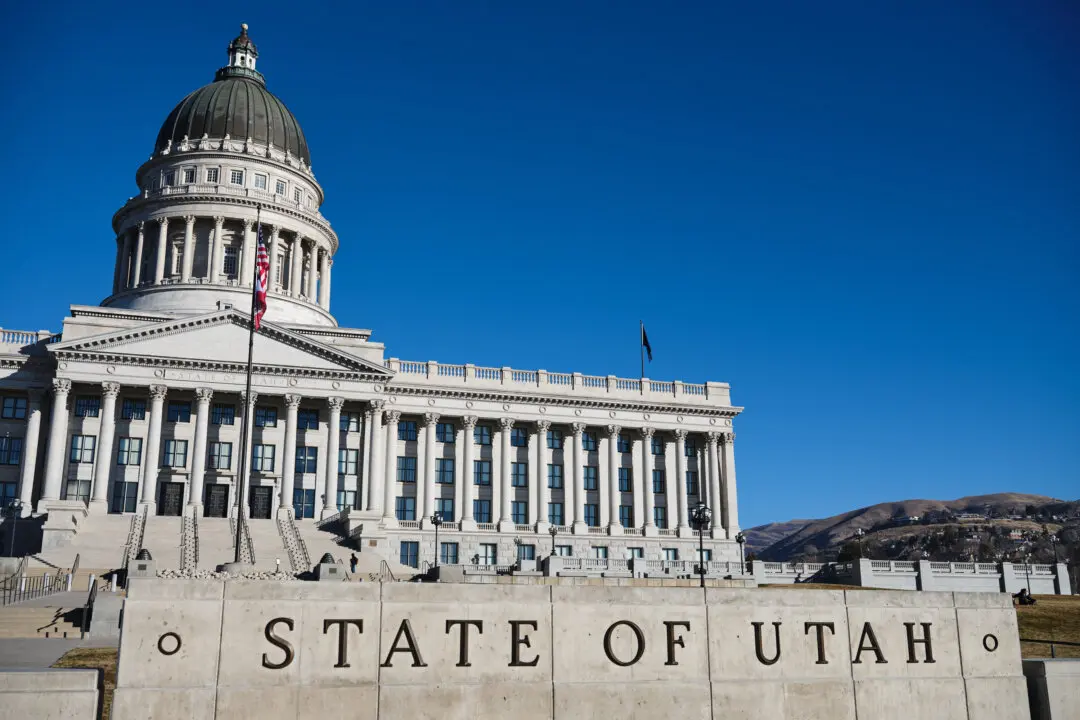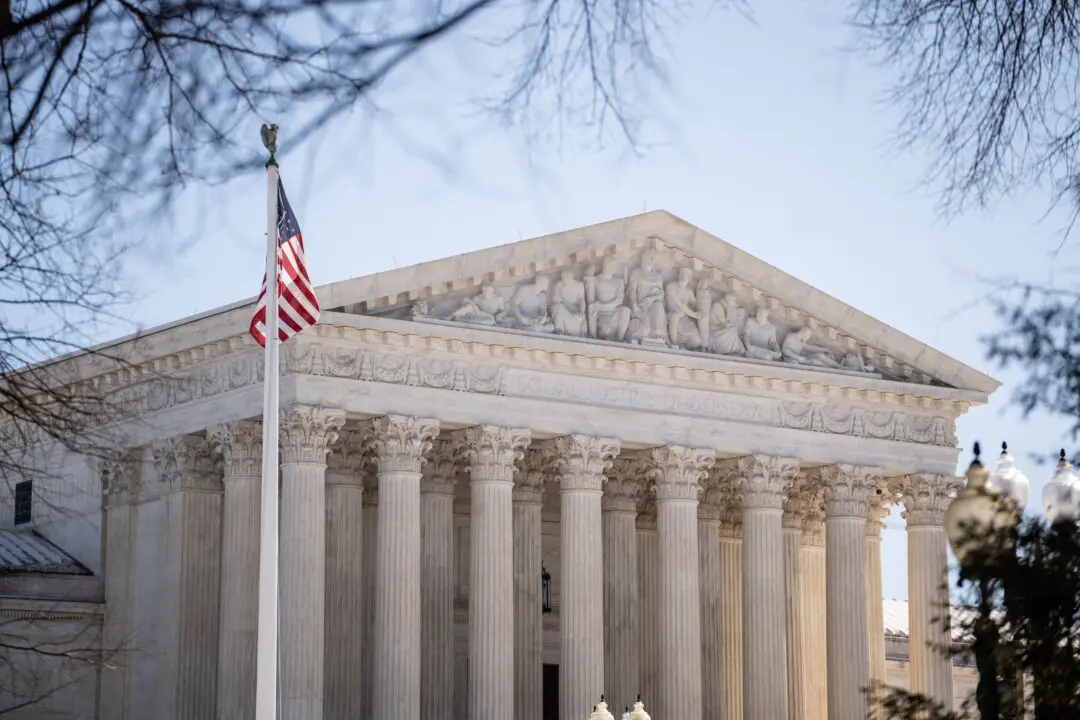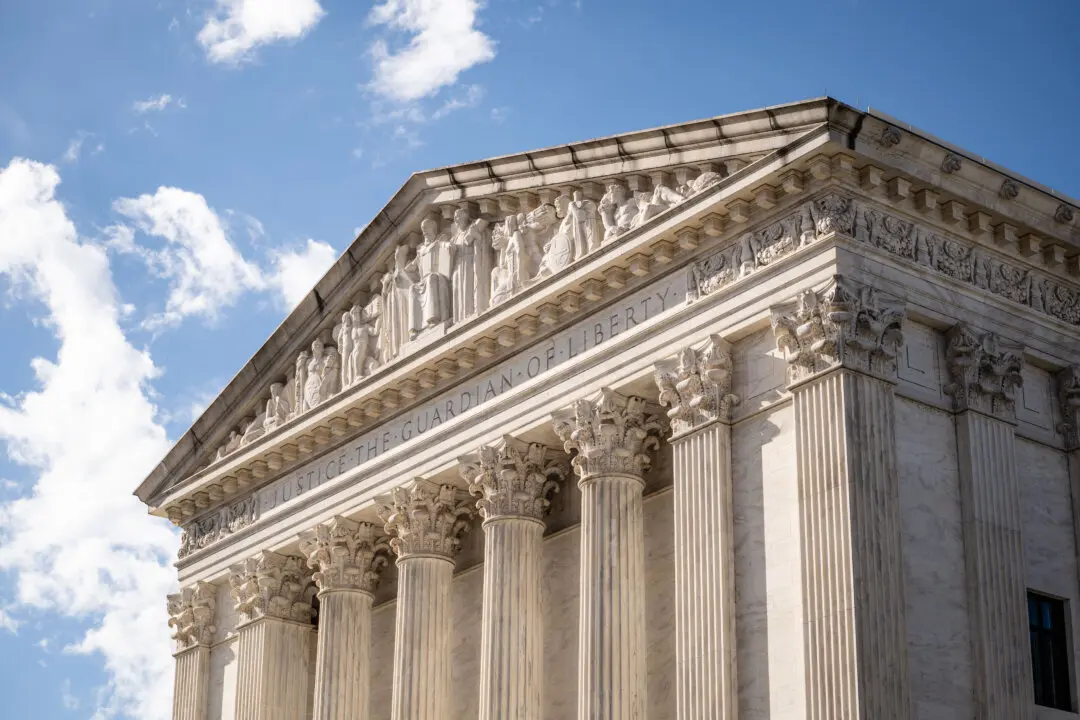The Supreme Court is hearing oral arguments on Jan. 15 over a Texas age verification requirement for porn sites and its implications for the First Amendment.
The case, known as Free Speech Coalition v. Paxton, came out of the U.S. Court of Appeals for the Fifth Circuit, which ruled against a block on the age verification portion of the law in March of 2024.





